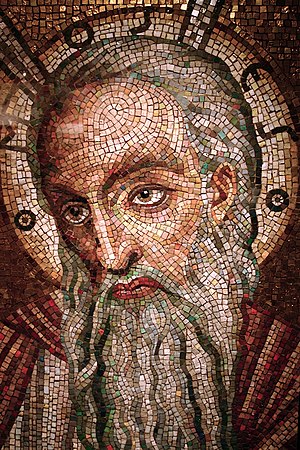One of the first books I read when beginning to question my faith was one that struck my eye while scanning the shelves of a local bookshop, John Shelby Spong’s Rescuing the Bible from Fundamentalism.

It introduced me to many issues being addressed by biblical scholars. I have told the story before, but I like it enough to tell it again: I later had the opportunity to thank Spong personally for assisting me on my journey that took me to atheism. (I don’t think I appreciated at the time that he suffered some grief over his own mentor, Michael Goulder, becoming an atheist, too.)
One observation that Spong addressed was the respective thematic treatments of Jesus in each of the Gospels. The Gospel of Matthew, for example, depicted Jesus as grounded in the Jewish heritage of the Old Testament literature, and especially as a new Moses figure. The Gospel of Luke, on the other hand, portrayed Jesus as having stronger associations with a Gentile community. None of this suggested to me that Jesus himself had no historical basis, but it did help reinforce the idea that the Gospels were themselves literary constructs that stood apart from any clear link to a historical person.
Here is what Spong wrote about Matthew’s portrayal of Jesus as a Moses figure (identified with *), mingled with a few other linkages of Jesus with Jewish scriptures. Continue reading “Jesus, constructed from Moses and other OT passages — according to the Gospel of Matthew”
